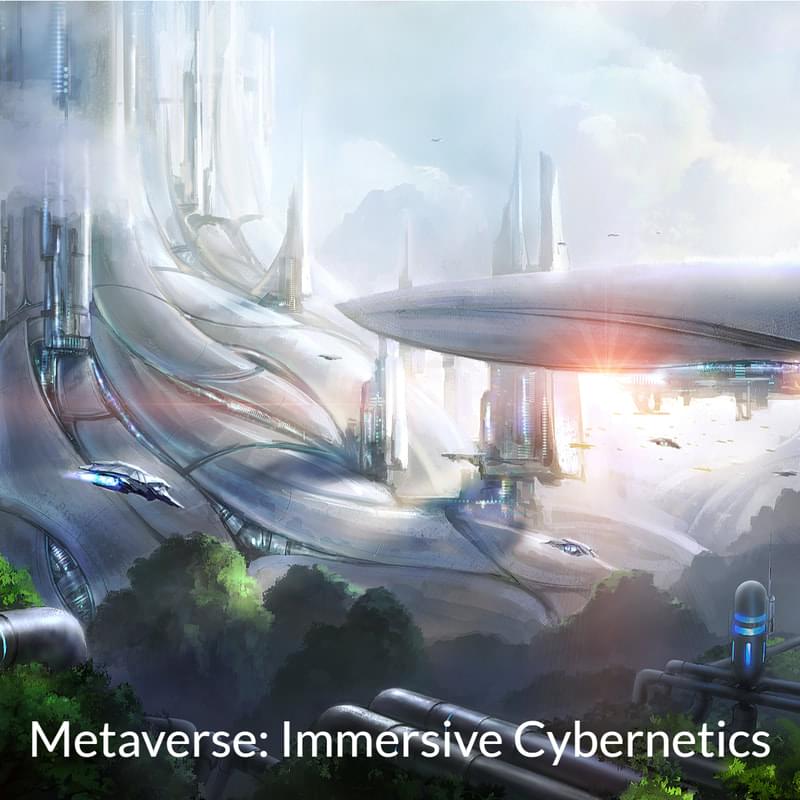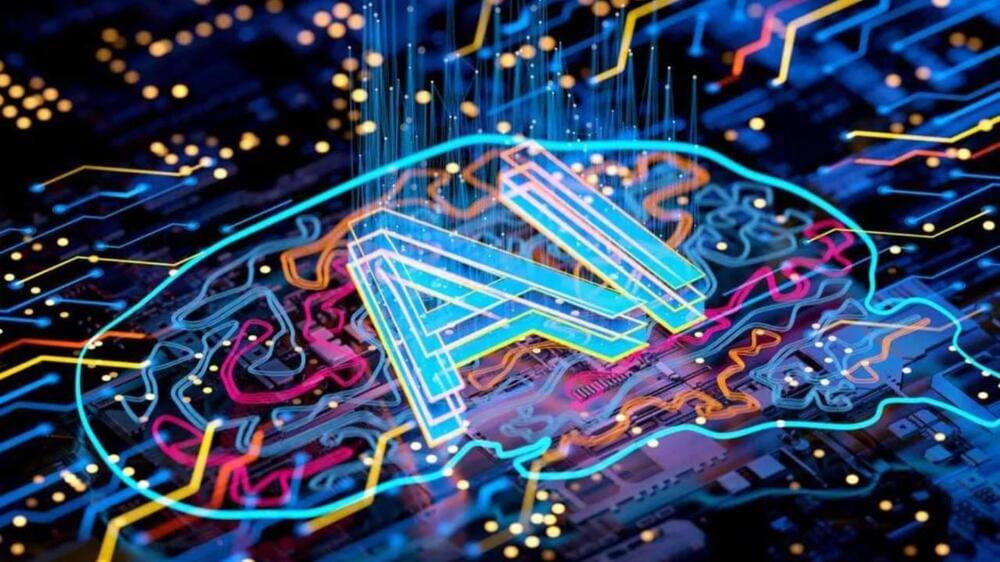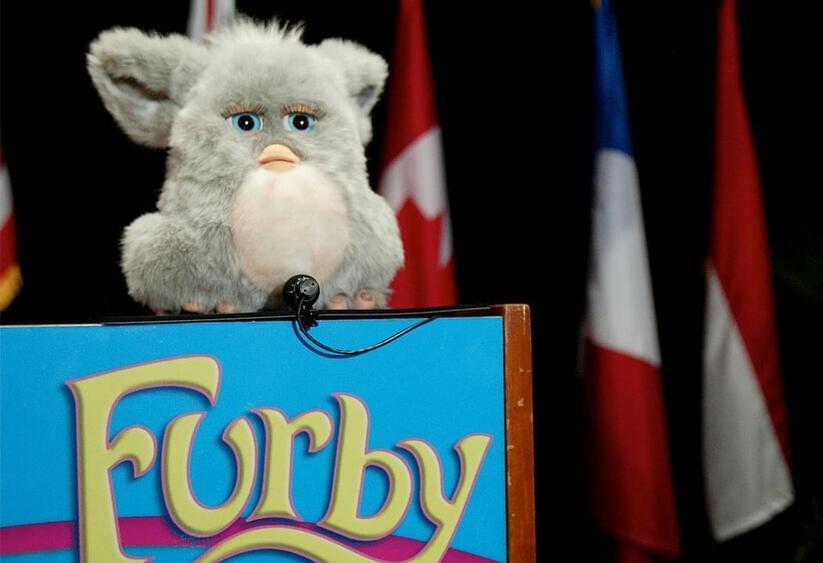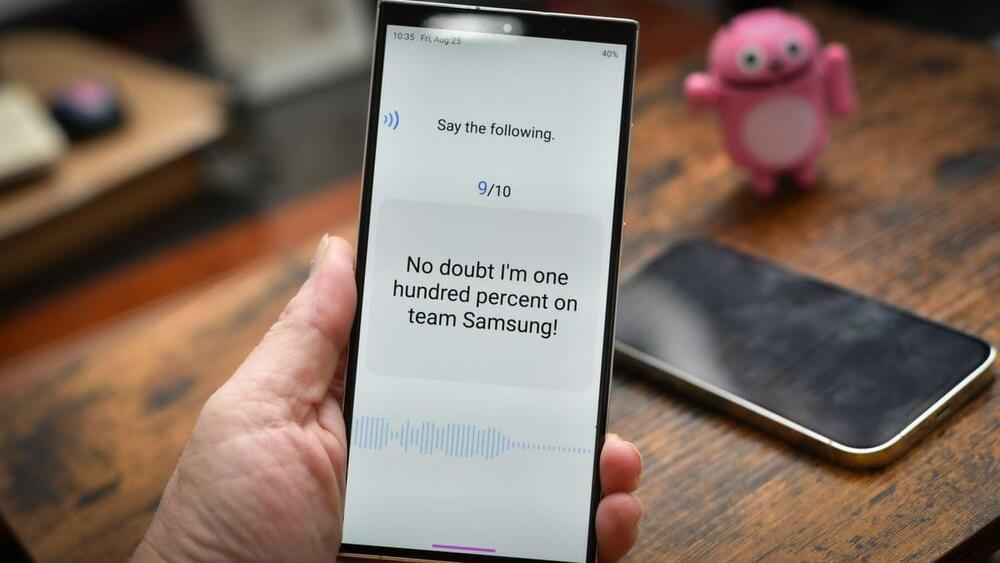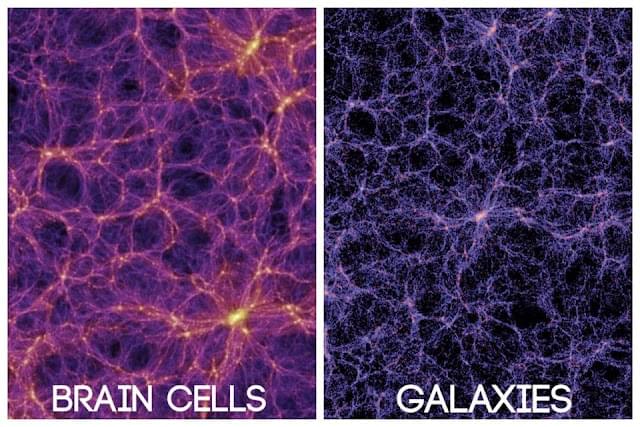Twitter CEO Linda Yaccarino regrets that she was not able to use her boss Elon Musk’s wildly vulgar AI chatbot to teach her kids about sex. You know, regular stuff for an exec to say publicly!
To back up for a second: Grok, as the AI is called, was released this weekend to a small group of test users. Whereas other chatbots like OpenAI’s ChatGPT and Google’s Bard have been criticized by many on the right for being too liberal, Grok is specifically designed to be anti-“woke,” like a seasoned Twitter troll; it has the humor of a 13-year-old boy, and yet somehow a 53-year-old man. Unsurprisingly, the limited users with access quickly took to X-formerly-Twitter to share the AI’s sometimes tame-ish, sometimes deranged outputs with their followers.
One of those posts, shared to X on Tuesday by Babylon Bee staffer Ashley St. Clair and reshared by Musk, featured Grok’s response to the question of how babies are made.


